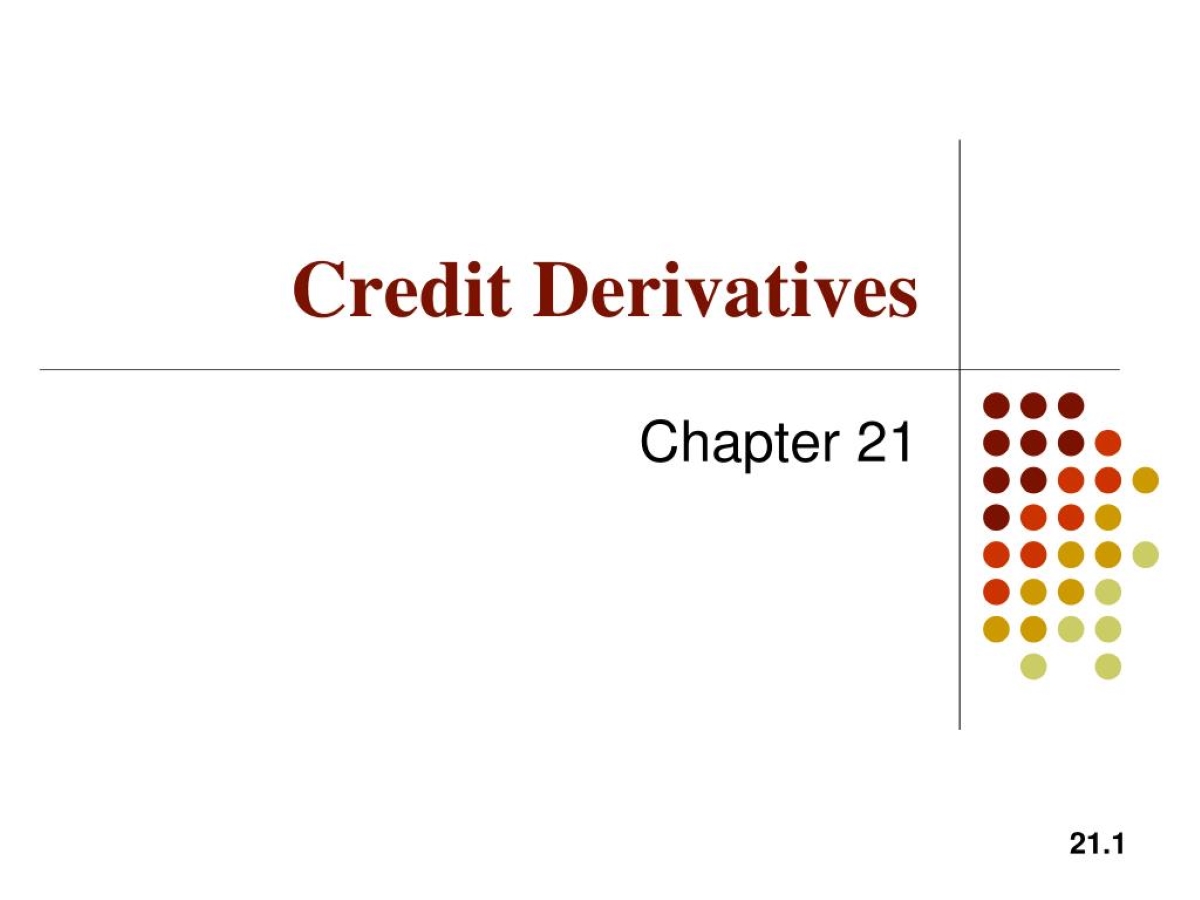Home>Finance>What Does The Bible Say About Money Management?


Finance
What Does The Bible Say About Money Management?
Published: February 28, 2024
Discover biblical principles for effective money management. Explore timeless wisdom and practical advice on finance from the Bible.
(Many of the links in this article redirect to a specific reviewed product. Your purchase of these products through affiliate links helps to generate commission for LiveWell, at no extra cost. Learn more)
Table of Contents
Introduction
Understanding the Biblical Perspective on Financial Management
Money is a fundamental aspect of our lives, influencing our daily decisions, aspirations, and overall well-being. It's a topic that resonates deeply with individuals from all walks of life, and as such, it's no surprise that the Bible offers profound insights into the realm of financial management. In this article, we'll delve into the wisdom encapsulated within the pages of the Bible regarding money, stewardship, and generosity.
The Bible serves as a timeless guide, offering principles that extend far beyond the realm of spirituality. Its teachings on money management provide invaluable wisdom that remains relevant in today's complex financial landscape. By exploring these teachings, individuals can gain a deeper understanding of how to navigate financial matters with prudence, integrity, and a sense of purpose.
Throughout the scriptures, various parables and teachings shed light on the purpose of money, the importance of stewardship, the potential perils of the love of money, seeking divine wisdom in financial matters, and the transformative power of generosity. As we embark on this exploration, it's essential to approach these insights with an open mind, recognizing their potential to enrich our lives and guide our financial decisions.
By examining the biblical perspective on money management, we can glean timeless principles that resonate across cultures and generations. This journey promises to offer not only practical financial guidance but also spiritual enrichment, underscoring the interconnectedness of our material and spiritual pursuits. Let's embark on this enlightening exploration of what the Bible says about money management, seeking to uncover wisdom that transcends time and space.
Understanding the Purpose of Money
Money, in its essence, is a tool that enables the exchange of goods and services, serving as a medium of transaction in the economic fabric of society. However, the biblical perspective on money extends beyond its utilitarian function, delving into the deeper purpose it serves in our lives. According to the Bible, money is a resource entrusted to individuals by God, to be managed with wisdom, integrity, and a sense of stewardship.
One of the fundamental purposes of money, as emphasized in the Bible, is to provide for the needs of oneself, one’s family, and those in need. It serves as a means to ensure the well-being and sustenance of individuals and their loved ones, reflecting the principle of love and compassion inherent in biblical teachings. Moreover, money can be a tool for facilitating acts of kindness, charity, and support for the less fortunate, embodying the spirit of generosity and empathy.
While money can fulfill immediate needs and desires, the biblical perspective underscores the importance of using it as a vehicle for advancing higher purposes. This includes contributing to the betterment of society, supporting noble causes, and fostering positive change. By recognizing money as a resource with a broader impact, individuals can align their financial decisions with principles of righteousness, justice, and compassion, as advocated in the Bible.
Moreover, the purpose of money extends to the cultivation of responsible and sustainable livelihoods. The Bible encourages diligent work and the prudent management of resources, highlighting the value of industriousness and diligence in financial endeavors. Money, when acquired through ethical means and utilized with wisdom, can contribute to the flourishing of individuals and communities, reflecting the divine intention for prosperity and abundance.
Understanding the purpose of money from a biblical perspective empowers individuals to approach wealth and resources with a sense of purpose and responsibility. By recognizing money as a tool entrusted by God, individuals can strive to align their financial pursuits with principles of compassion, justice, and stewardship, thereby fulfilling the higher purpose that money serves in their lives.
The Importance of Stewardship
Stewardship, as emphasized in the Bible, embodies the responsible and ethical management of resources entrusted to individuals by God. This encompasses not only financial assets but also time, talents, and opportunities. The concept of stewardship underscores the notion that individuals are caretakers of God’s blessings, called to manage them with prudence, integrity, and a sense of accountability.
From a biblical perspective, the importance of stewardship is rooted in the recognition that all possessions and resources ultimately belong to God. As such, individuals are called to manage these resources in a manner that reflects gratitude, wisdom, and a commitment to advancing God’s purposes on earth. This perspective reframes the notion of ownership, emphasizing that individuals are custodians rather than proprietors of the resources at their disposal.
Stewardship extends beyond the realm of personal finance, encompassing a holistic approach to life. It entails utilizing resources in a manner that honors God, benefits others, and fosters personal and communal well-being. This includes making conscientious financial decisions, cultivating generosity, and leveraging one’s abilities and opportunities to contribute positively to the world.
Moreover, the concept of stewardship underscores the need for accountability in managing resources. The Bible teaches that individuals will be called to give an account of their stewardship, highlighting the significance of exercising prudence, honesty, and integrity in financial matters. This accountability fosters a sense of responsibility and mindfulness in how individuals earn, spend, and invest their resources.
Embracing the principle of stewardship empowers individuals to approach financial management with a sense of purpose and divine calling. It encourages them to view their financial resources as instruments for advancing God’s kingdom, supporting the welfare of others, and fostering a legacy of positive impact. By embodying the spirit of stewardship, individuals can align their financial decisions with principles of integrity, compassion, and accountability, thereby fulfilling their role as faithful stewards of God’s blessings.
Avoiding the Love of Money
The Bible offers profound insights into the potential perils of the love of money, cautioning against the dangers of allowing wealth to become the focal point of one’s life. The love of money, as articulated in biblical teachings, encompasses an unhealthy attachment to wealth, leading to avarice, greed, and a distortion of priorities. By delving into this aspect, the Bible provides timeless wisdom on maintaining a balanced and virtuous relationship with wealth and material possessions.
One of the central admonitions regarding the love of money is found in 1 Timothy 6:10, where it is stated, “For the love of money is a root of all kinds of evil.” This verse underscores the potential for the excessive pursuit of wealth to lead individuals astray, fostering moral compromises and spiritual impoverishment. The Bible’s warning serves as a timeless reminder of the dangers of allowing material wealth to overshadow higher values, such as love, compassion, and righteousness.
Moreover, the love of money can engender a spirit of discontentment and insatiable desire, leading individuals into a perpetual quest for more wealth and possessions. This insatiable pursuit can detract from the pursuit of spiritual growth, relational fulfillment, and a life characterized by contentment and gratitude. The Bible encourages individuals to guard against the allure of material wealth, recognizing that true fulfillment and abundance stem from a life grounded in spiritual values and a sense of purpose.
Furthermore, the love of money can foster a self-centered approach to life, diminishing the capacity for empathy, generosity, and genuine human connection. By fixating on personal wealth accumulation, individuals may neglect their responsibilities to care for others, support charitable causes, and contribute to the welfare of society. The Bible’s teachings on avoiding the love of money underscore the importance of prioritizing spiritual and moral wealth over material riches.
In essence, the biblical perspective on avoiding the love of money serves as a guiding light, reminding individuals of the need to maintain a balanced and virtuous relationship with wealth. By heeding these teachings, individuals can cultivate a mindset that values integrity, generosity, and spiritual fulfillment above the allure of material riches, thereby fostering a life characterized by purpose, contentment, and genuine abundance.
Seeking God’s Wisdom in Financial Matters
Amidst the complexities of financial decision-making, the Bible offers invaluable guidance on seeking divine wisdom to navigate the intricacies of monetary affairs. The scriptures emphasize the profound significance of aligning one’s financial choices with God’s wisdom, discernment, and guidance, recognizing that such alignment leads to prudent stewardship and righteous living.
Proverbs 3:5-6 encapsulates this principle, stating, “Trust in the Lord with all your heart and lean not on your own understanding; in all your ways submit to him, and he will make your paths straight.” This verse underscores the transformative power of seeking God’s wisdom in financial matters, highlighting the importance of surrendering one’s decisions to divine counsel rather than relying solely on personal understanding.
Seeking God’s wisdom in financial matters involves cultivating a spirit of prayerful discernment and seeking counsel from biblical teachings and spiritual mentors. It entails aligning one’s financial goals, investments, and expenditures with principles of righteousness, justice, and compassion, thereby ensuring that financial decisions are rooted in divine guidance and moral integrity.
Furthermore, the Bible encourages individuals to prioritize the pursuit of spiritual wealth, recognizing that true abundance transcends material possessions. By seeking God’s wisdom, individuals can cultivate a mindset that values eternal treasures such as love, kindness, and spiritual fulfillment, guiding their financial decisions toward pursuits that align with God’s purposes and values.
Moreover, seeking God’s wisdom in financial matters fosters a sense of trust and reliance on divine providence. This trust empowers individuals to approach financial uncertainties with faith and resilience, recognizing that God’s wisdom transcends temporal fluctuations and economic challenges, thereby providing a steadfast foundation for financial decision-making.
By integrating the pursuit of God’s wisdom into financial matters, individuals can navigate the complexities of wealth management with a sense of purpose, integrity, and divine guidance. This approach not only fosters prudent stewardship but also cultivates a life characterized by spiritual fulfillment, moral clarity, and a steadfast commitment to aligning financial pursuits with God’s wisdom and righteousness.
Generosity and Giving
The biblical teachings on generosity and giving underscore the transformative power of selfless generosity in fostering compassion, community, and spiritual abundance. The scriptures abound with exhortations to embody a spirit of generosity, recognizing that acts of giving not only benefit the recipients but also enrich the lives of the givers, aligning them with God’s heart for compassion and benevolence.
Generosity, as articulated in the Bible, extends beyond monetary donations and encompasses a holistic way of life characterized by a willingness to share one’s resources, time, and talents for the betterment of others. This spirit of generosity reflects God’s abundant grace and serves as a testament to the love and compassion that individuals are called to embody in their interactions with others.
One of the foundational principles of generosity is encapsulated in 2 Corinthians 9:7, which states, “Each of you should give what you have decided in your heart to give, not reluctantly or under compulsion, for God loves a cheerful giver.” This verse emphasizes the transformative nature of generosity, highlighting that the act of giving should stem from a willing and joyful heart, reflecting a genuine desire to bless others and contribute to the welfare of the community.
Moreover, the Bible extols the virtues of generosity by highlighting its reciprocal nature. It teaches that those who generously give of their resources will themselves be enriched, both materially and spiritually. This principle underscores the profound impact of generosity in fostering a sense of abundance, gratitude, and spiritual fulfillment, aligning individuals with the divine principle that “it is more blessed to give than to receive” (Acts 20:35).
Embracing a lifestyle of generosity and giving enables individuals to participate in God’s redemptive work, fostering positive change and alleviating the burdens of those in need. By embodying the spirit of generosity, individuals become conduits of God’s love and compassion, contributing to the transformation of lives and the advancement of God’s kingdom on earth.
In essence, the biblical teachings on generosity and giving inspire individuals to cultivate a spirit of open-handedness, recognizing that acts of generosity not only benefit others but also enrich the givers themselves. By embracing a lifestyle characterized by generosity, individuals align themselves with God’s heart for compassion, justice, and abundance, thereby participating in the realization of a world marked by love, kindness, and shared prosperity.
Conclusion
Exploring the biblical perspective on money management unveils a tapestry of timeless wisdom that transcends the confines of mere financial advice. The insights gleaned from the scriptures resonate with profound relevance, offering guiding principles that extend far beyond the realm of monetary affairs. From understanding the purpose of money to embracing the virtues of stewardship, avoiding the love of money, seeking divine wisdom, and embodying the spirit of generosity, the Bible provides a holistic framework for approaching financial matters with integrity, compassion, and divine guidance.
At its core, the biblical perspective on money management underscores the interconnectedness of material wealth and spiritual well-being. It illuminates the transformative power of aligning financial decisions with principles of stewardship, generosity, and divine wisdom, cultivating a life marked by purpose, abundance, and spiritual fulfillment. By embracing these principles, individuals can navigate the complexities of wealth management with a sense of purpose and responsibility, recognizing their role as faithful stewards of God’s blessings.
Moreover, the biblical teachings on money management emphasize the profound impact of financial decisions on the welfare of individuals, families, and communities. By aligning financial pursuits with principles of righteousness, justice, and compassion, individuals can contribute to the realization of a world characterized by shared prosperity, empathy, and social equity.
In essence, the exploration of what the Bible says about money management reveals a holistic paradigm that integrates financial prudence with spiritual enrichment. It invites individuals to approach wealth and resources with a mindset rooted in divine wisdom, generosity, and a commitment to advancing God’s purposes on earth. By embracing this paradigm, individuals can embark on a journey of financial stewardship that not only fosters material prosperity but also contributes to the flourishing of the human spirit and the realization of a world guided by timeless principles of love, integrity, and shared abundance.














